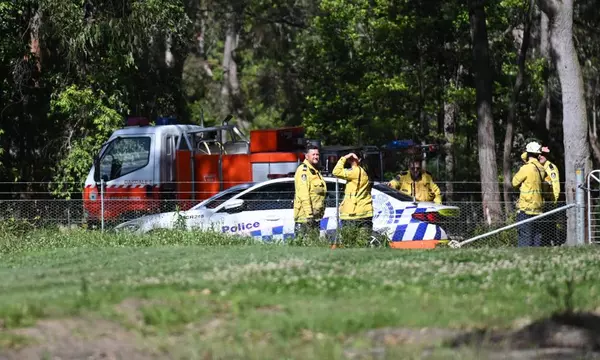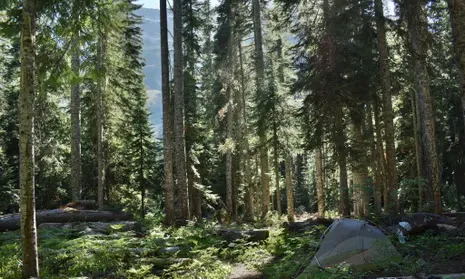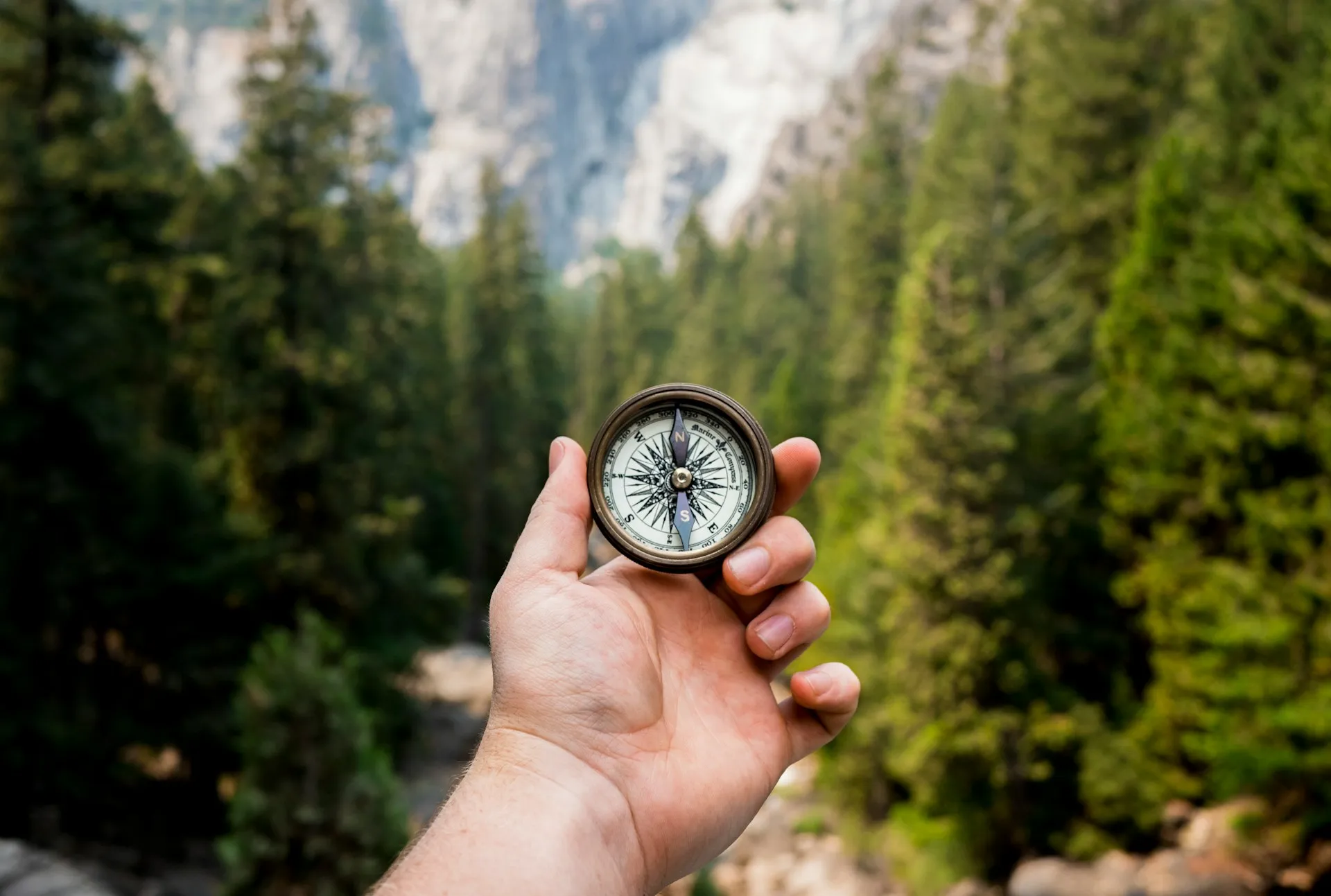
30 Days Lost in North Cascades: Man Survives on Berries, Water, and a Last Call for Help
In an astonishing tale of survival, Robert Schock, a musician from Blaine, Washington, managed to endure 30 days lost in North Cascades National Park. After venturing into the park’s wilderness in July without adequate preparation, he survived by consuming wild mushrooms, berries, and water. This ordeal pushed him to the brink of death, but ultimately, he was saved by a chance encounter with a group of hikers. His story serves as both a harrowing survival account and a testament to the strength of the human spirit. Read this news with nationalparkshops.
Man Survives 30 Days Lost in North Cascades National Park
Schock, who had previously hiked the Hannegan Pass trail in North Cascades, set out on July 31 with plans to run 20 miles through the park with his dog, Freddy. However, recent wildfires had destroyed the trails, leaving Schock disoriented with only an outdated map. His phone lost power on the second day, and by the third day, he decided to send Freddy to find his way back home, hoping the dog could alert others.
As days turned into weeks, Schock relied solely on his instincts to survive. He took shelter in abandoned bear nests and ate whatever he could find, subsisting mainly on berries and a mushroom he stumbled upon, describing it as tasting “like a pizza topping.” For water, he drank from streams, careful to collect as much as he could. He knew he was at serious risk, as he occasionally caught glimpses of a search helicopter but was unable to get the crew’s attention.
Schock’s mother, Jan Thompson, held onto hope for his survival. She had reported him missing after failing to reach him, prompting search efforts despite Schock leaving his wallet in his car, giving authorities mixed signals about his intentions. As weeks passed without news, Thompson’s hope remained unshaken, even when the initial search efforts proved unsuccessful.

By the end of August, Schock was physically weakened and losing the will to survive. On August 30, he found himself on a riverbank, nude, and unable to control his bowels, feeling as though he wouldn’t make it through the night. Summoning his last bit of strength, Schock let out one final scream for help—a desperate call that was heard by members of the Pacific Northwest Trail Association who happened to be nearby after trail maintenance. They quickly came to his aid, clothing him and ensuring he received medical assistance.
Schock was airlifted to a hospital, where he began his long recovery, including several days on intravenous fluids. The experience, he recounted, had aged him by “several years,” but he remains hopeful about regaining his health and strength. While he suffers from some joint pain, he is optimistic about the future and deeply grateful to his rescuers, who he credits with saving his life. Now, as Schock recovers with family in Ohio, his story resonates as a testament to resilience, determination, and the essential role of compassion and aid in survival.
Survival Skills for Getting Lost in a National Park
When exploring a national park, having survival skills is essential in case you get lost. The first step in survival is preparation: always bring enough food, water, a map, a compass, and appropriate clothing. Inform someone of your planned route and return time, as this can significantly increase your chances of being found.
If you realize you are lost, stay calm and assess your situation. Panic often leads to poor decisions, so try to focus on retracing your steps and identifying landmarks around you. Using the S.T.O.P. method can help in these moments: Stop moving aimlessly, Think about where you last felt confident about your location, Observe your surroundings to spot any distinct markers or trails, and Plan your next steps carefully based on your observations.
Survival also relies on three key necessities: shelter, water, and food. If you can’t move, create a shelter from natural formations or use any gear you have. Look for water sources like streams, but purify it if possible. Food can be limited in the wild, so ration what you have, and if necessary, edible plants and insects may provide some nourishment.

Finally, if you decide to seek help, signal rescuers by using brightly colored clothing, reflective objects, or creating signals in open spaces where search parties can see you. Staying mentally resilient is as important as physical preparedness. Staying calm, determined, and patient can improve your chances of being rescued. These survival skills can be invaluable for anyone venturing into a national park, helping ensure a safer experience in the wilderness.
Prepare for your next adventure with the essential travel gear! From durable backpacks to compact first-aid kits and all-weather essentials, make sure you’re equipped for any journey. Read more:
